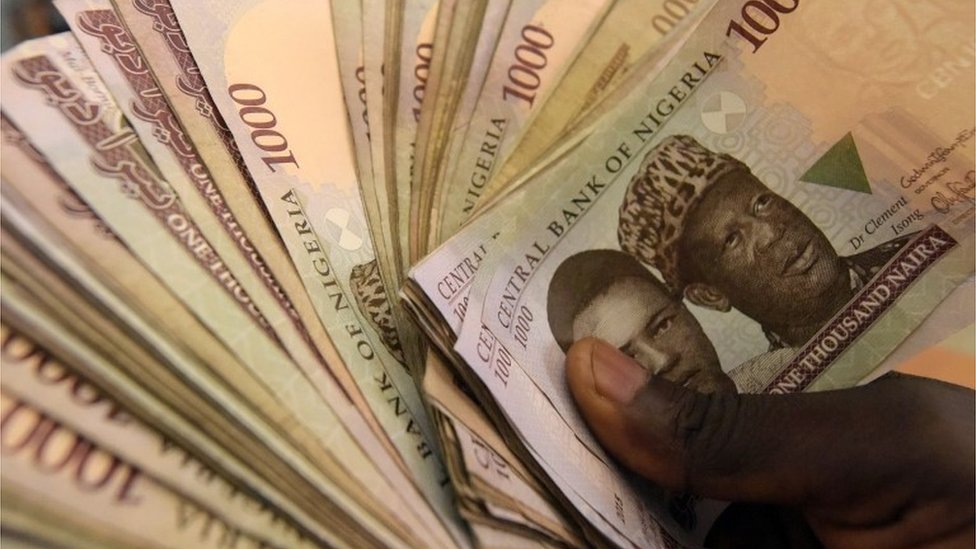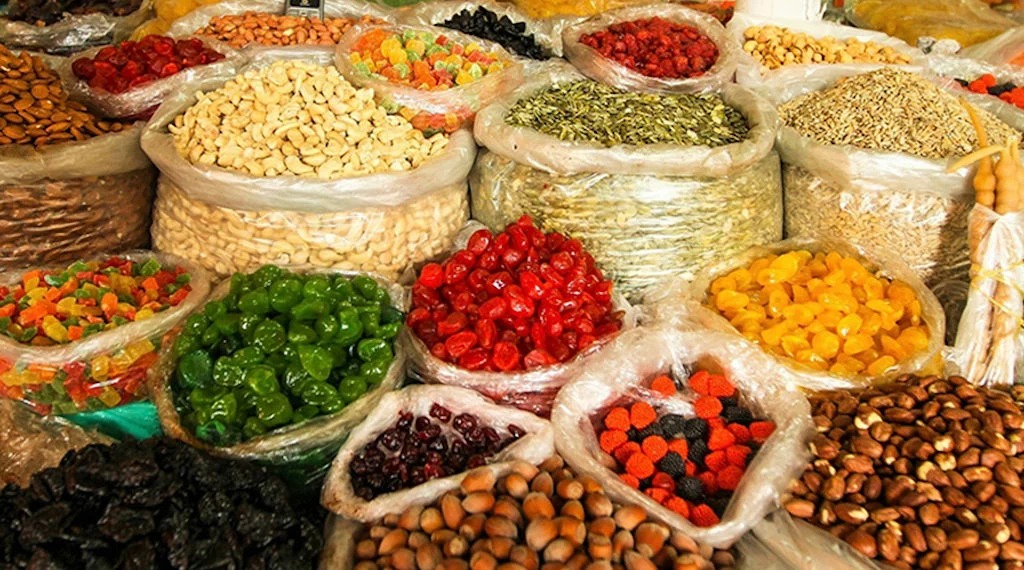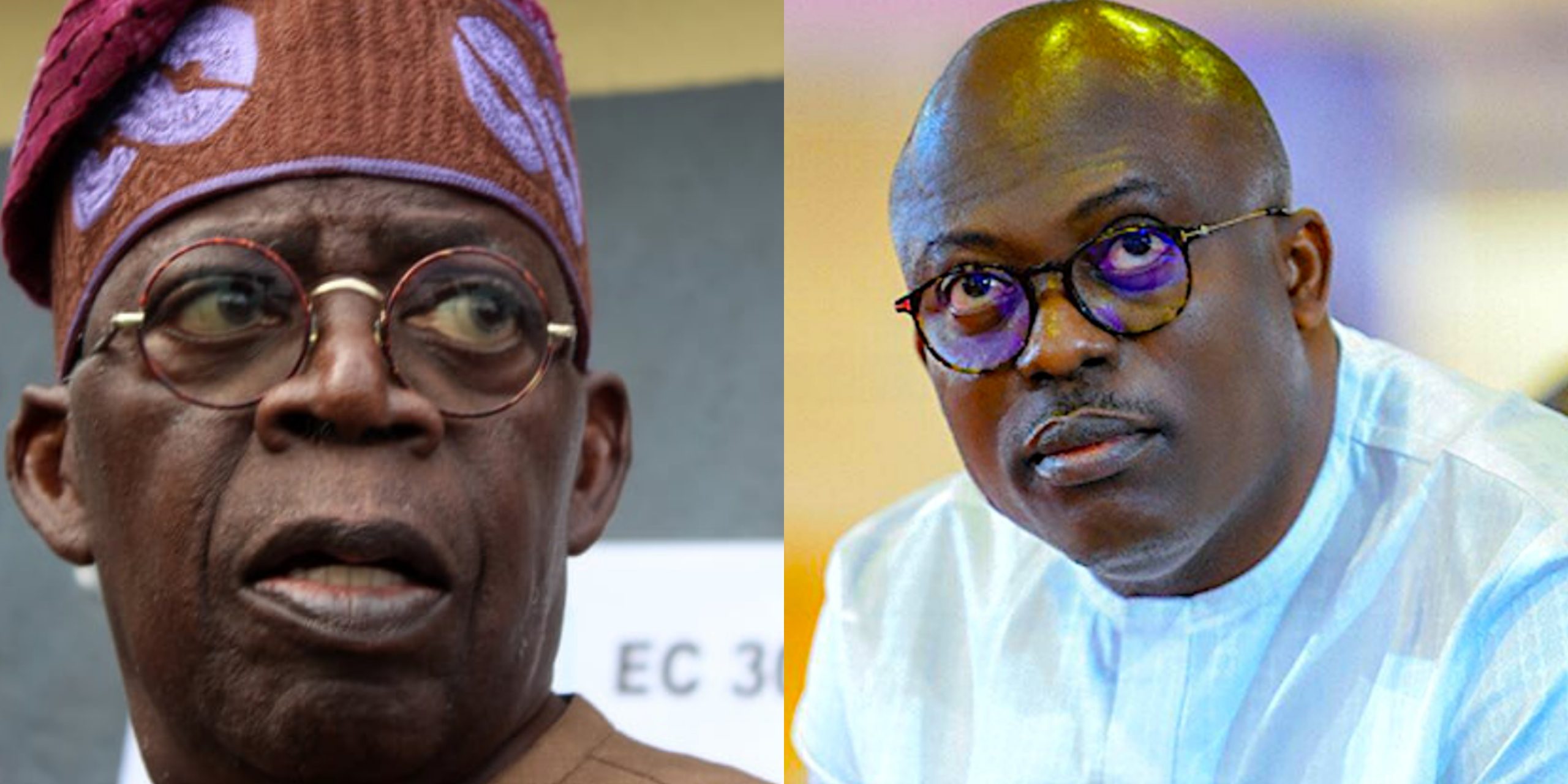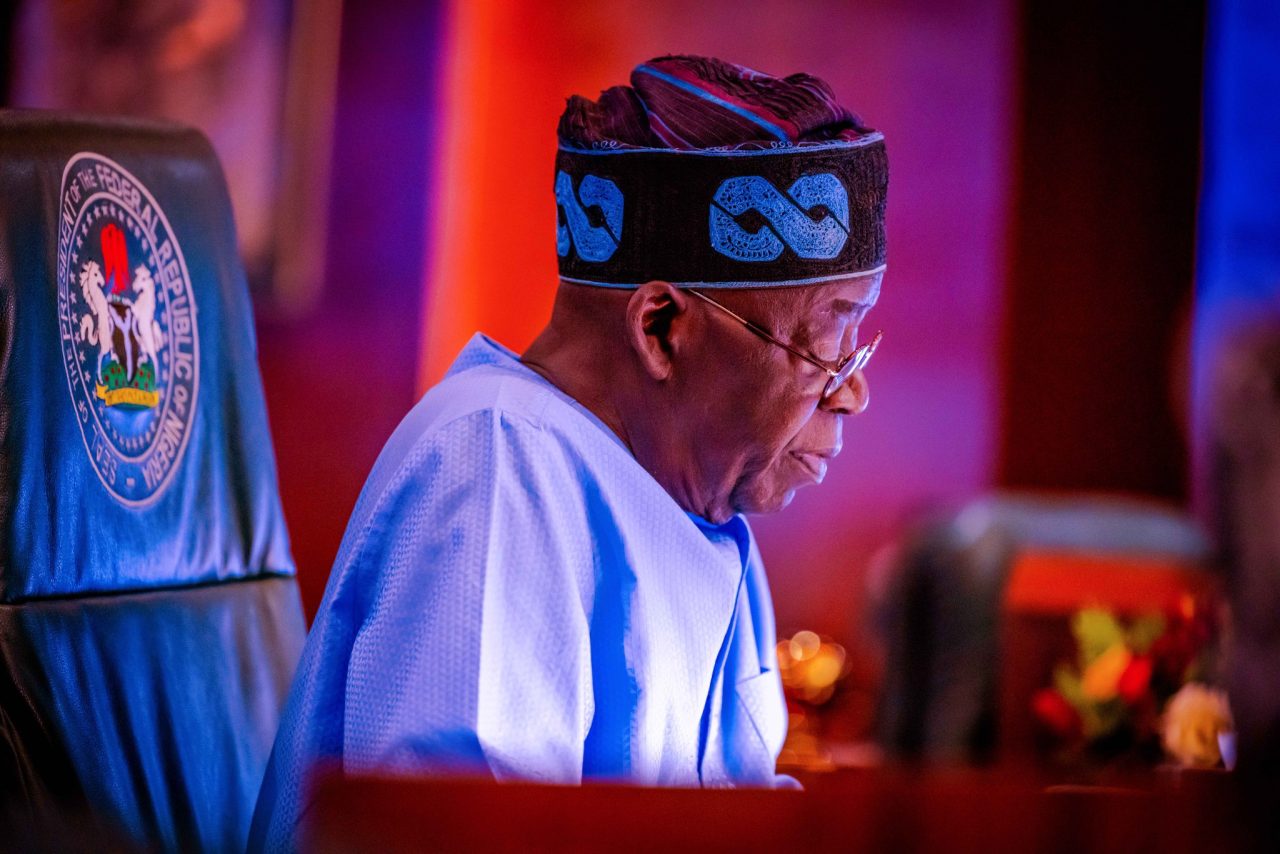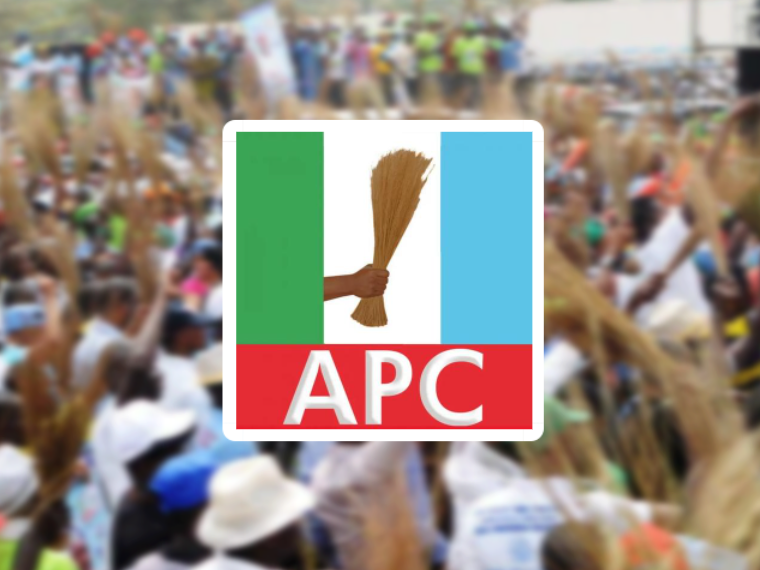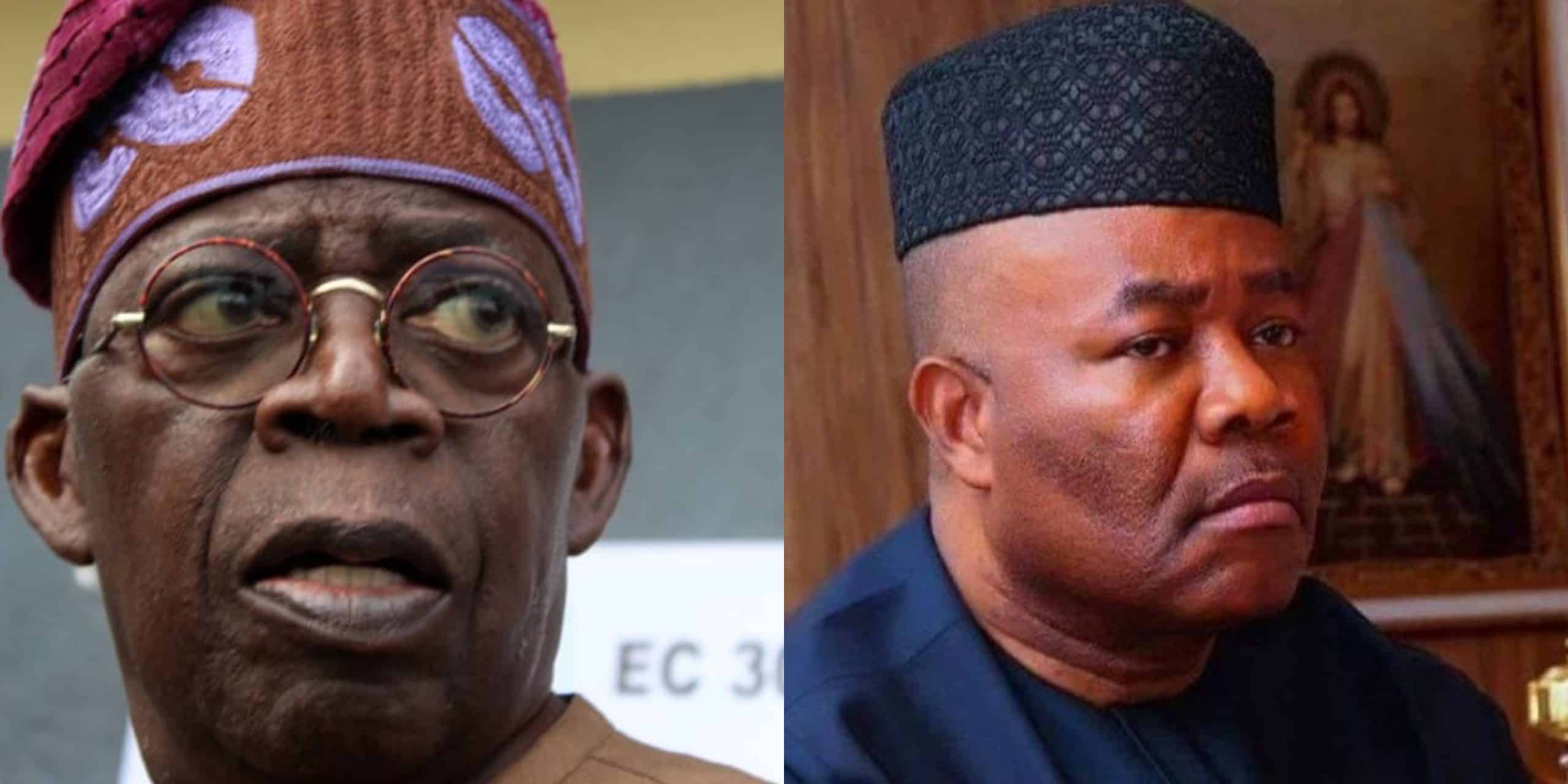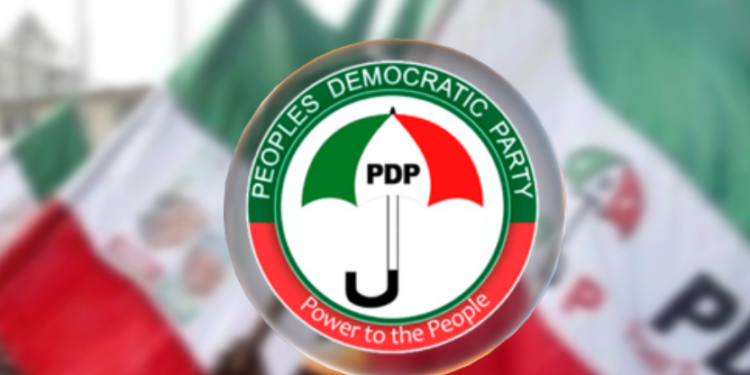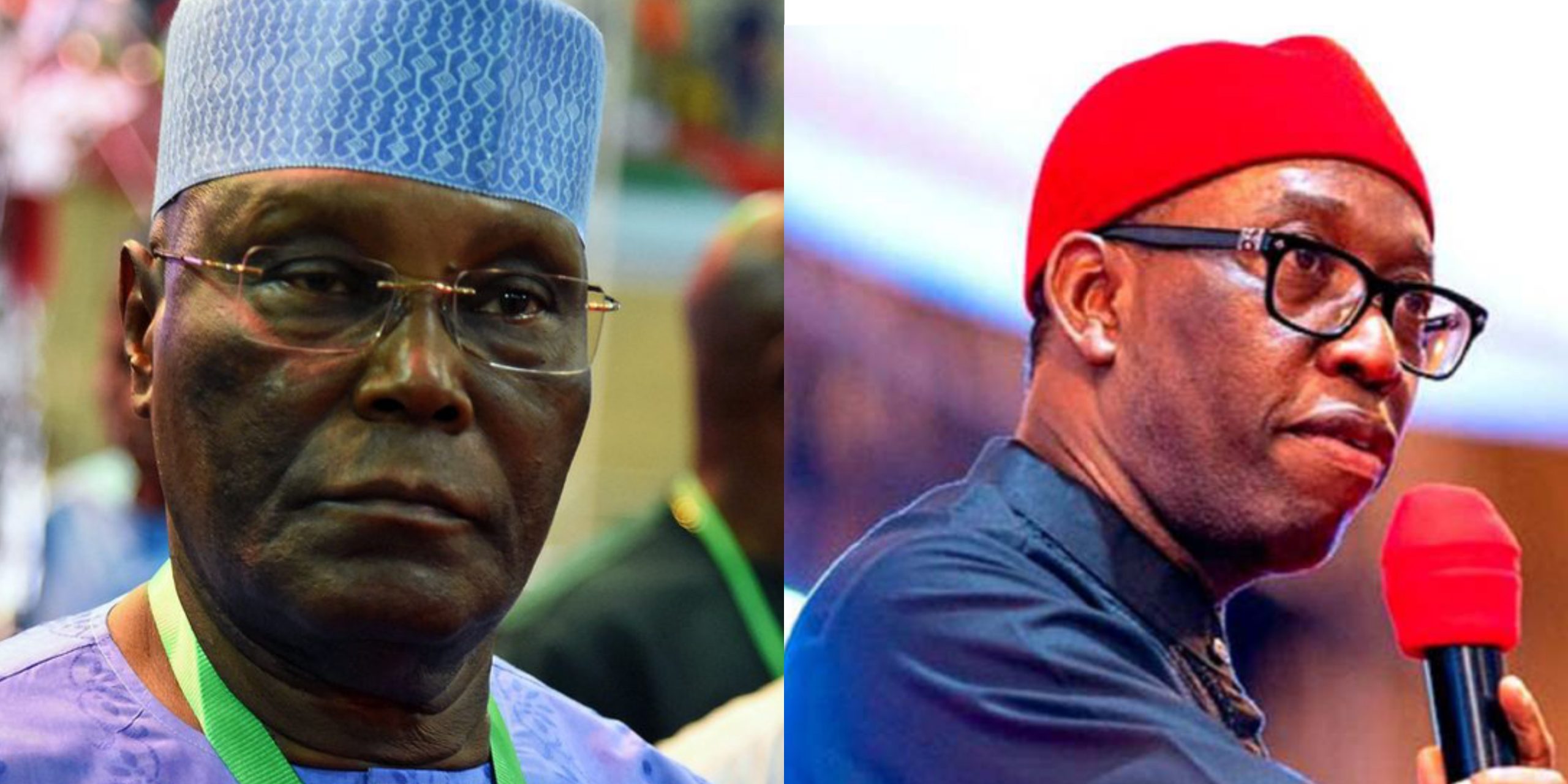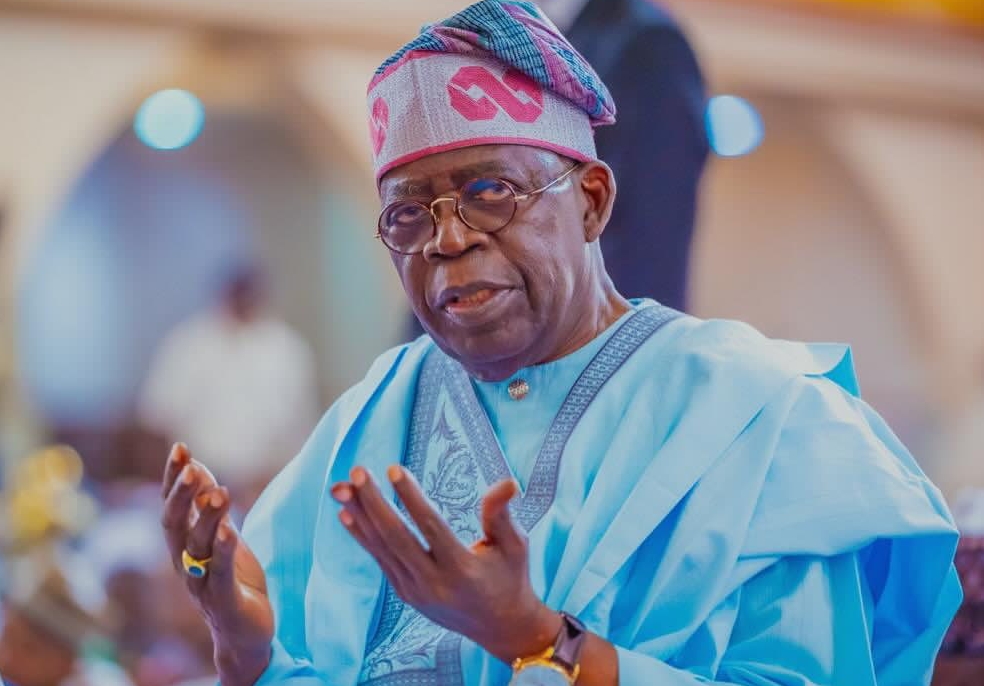The Crude Oil Refinery Owners Association of Nigeria (CORAN) has stated that petrol prices could drop below N400 per litre if crude oil prices continue to fall.
CORAN believes that petrol could be sold for as low as N350 per litre if the price of crude falls to $50 per barrel.
However, the association also noted that despite the drop in crude prices and the reduction in landing costs, the price of petrol in Nigeria continues to rise.
This is mainly due to the government’s handling of the naira-for-crude policy, which CORAN argues plays a crucial role in stabilising the naira and ensuring energy security.
Crude oil prices fell significantly last week, dropping to $65 per barrel, the lowest level since 2021.
This drop was triggered by several factors, including the imposition of US import tariffs on countries purchasing oil from Venezuela, an unexpected increase in OPEC+ supply, and China’s retaliatory actions in the ongoing trade war.
Despite the drop in crude prices, the landing cost of petrol in Nigeria has decreased only slightly, from N885 to N865, yet the price at which petrol is sold has increased, rising from N860 to N900 per litre in Lagos.
CORAN’s Publicity Secretary, Eche Idoko, expressed concerns that while crude prices are falling internationally, refined petrol prices in Nigeria continue to increase.
He attributed this to foreign exchange issues, logistics, and the influence of middlemen, who profit from importing substandard petroleum products.
Idoko also pointed out that these middlemen, who have no direct stake in local refining, are hindering the development of the local refining industry, which could have brought petrol prices down significantly.
Idoko further criticised the politics surrounding the naira-for-crude policy, which aims to secure Nigeria’s energy needs by paying for crude oil in naira rather than dollars.
He warned that the discontinuation of this policy could lead to a significant rise in petrol prices, potentially reaching N700 per litre, as was expected before the policy’s introduction.
He added that the success of the policy was affecting a few individuals’ incomes, which is why some are actively trying to sabotage it.
Local refiners, according to Idoko, have been forced to seek crude oil from other sources due to the challenges they face within the country.
He called on the Nigerian government to continue supporting the naira-for-crude deal to ensure affordable energy prices for the population.
However, with the deal’s six-month pilot phase ending and concerns over its renewal, petrol prices have risen, with current prices ranging between N920 and N970 per litre depending on location.


